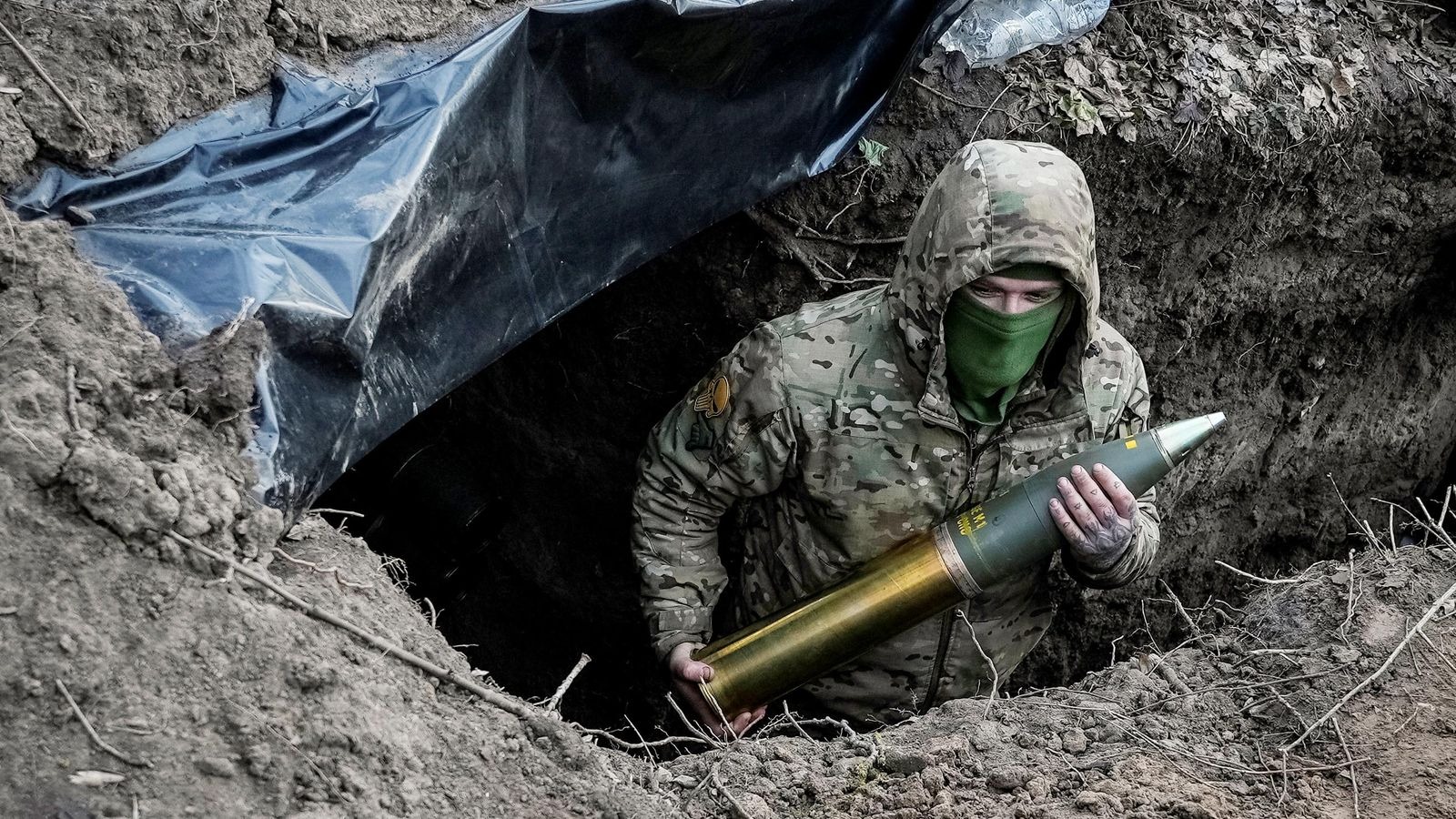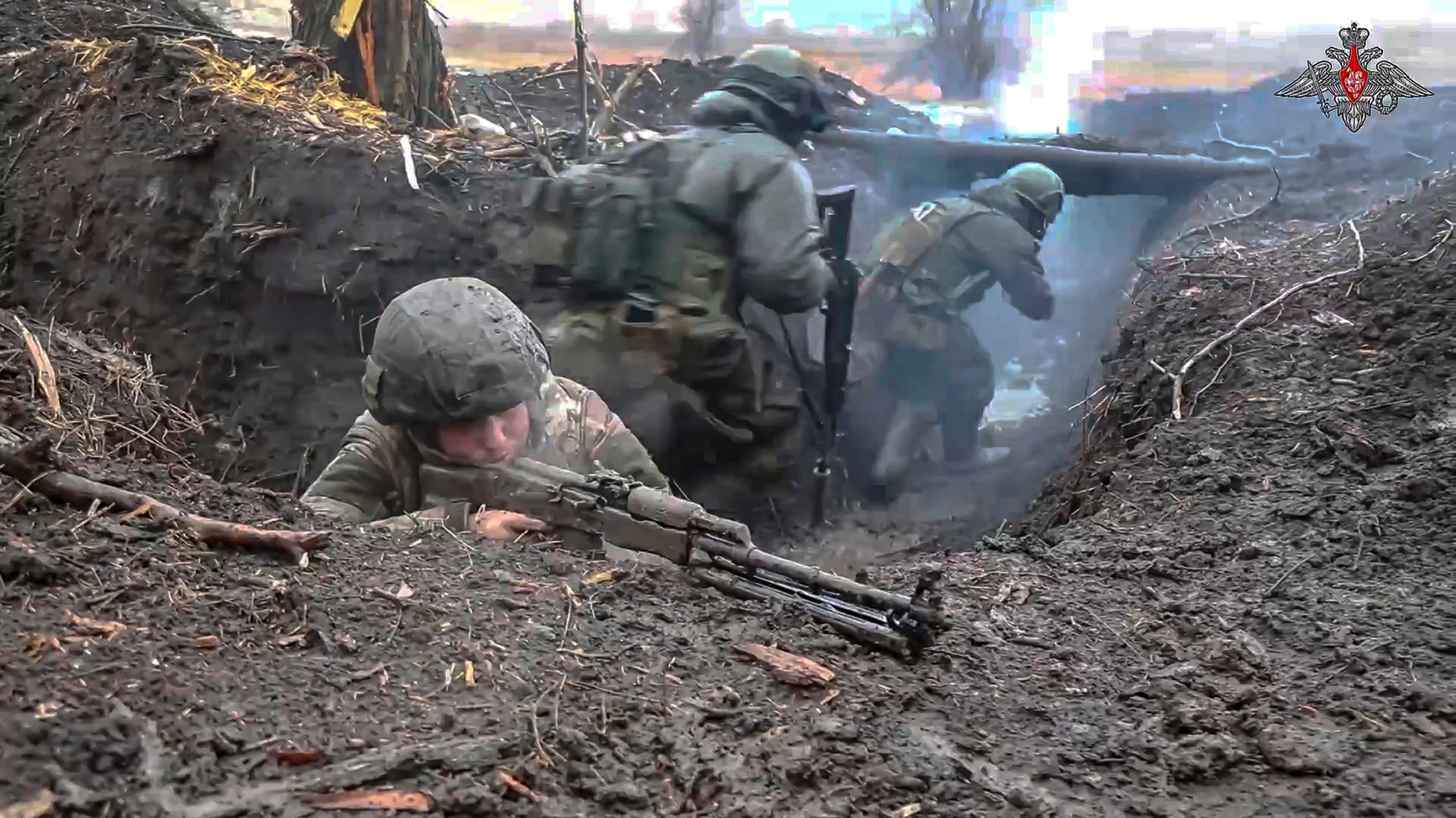Russia has vehemently denied allegations of violating the international chemical weapons ban by deploying choking agents against Ukrainian troops. The Kremlin’s response came on Thursday, following claims by the United States that Russia had used chloropicrin, a choking agent, against Ukrainian troops. Chloropicrin was also employed by German forces against Allied troops during World War I.
The United States has accused Russia of using riot control agents “as a method of warfare” in Ukraine, a tactic that has been increasingly employed in the country, according to Ukrainian military sources cited by Reuters earlier this month. The use of grenades containing CS and CN gases has also been reported on the frontline, forcing troops stuck in trenches to either flee under enemy fire or risk suffocating.

The consequences of this chemical weapons use have been severe, with at least 500 Ukrainian troops treated for exposure to a toxic substance. Tragically, one soldier succumbed to suffocation due to tear gas inhalation.
The US State Department believes Russia has been violating international rules on chemical weapons, as outlined in the 1993 Chemical Weapons Convention (CWC).
Kremlin spokesman Dmitry Peskov asserted that Moscow remains committed to its obligations under the treaty. However, the US State Department has condemned Russia’s actions, stating,
“The use of such chemicals is not an isolated incident and is probably driven by Russian forces’ desire to dislodge Ukrainian forces from fortified positions and achieve tactical gains on the battlefield.”
Chloropicrin is listed as a banned choking agent by the Organisation for the Prohibition of Chemical Weapons (OPCW), which was established to implement and monitor compliance with the 1993 Chemical Weapons Convention. The OPCW has been instrumental in promoting the elimination of chemical weapons worldwide.

The US has drawn parallels between Russia’s alleged use of chemical weapons in Ukraine and its previous operations to poison opposition leader Alexei Navalny in 2020 and Sergei Skripal and his daughter Yulia in Salisbury in 2018 with the Novichok nerve agent. Russia has denied involvement in both cases.
The international community has expressed concern over Russia’s actions, and the US State Department has urged Moscow to cease its violations of the Chemical Weapons Convention.
The use of chemical weapons is a serious violation of international law, and those responsible must be held accountable. The situation in Ukraine continues to be closely monitored, and further developments are expected in the coming days.

